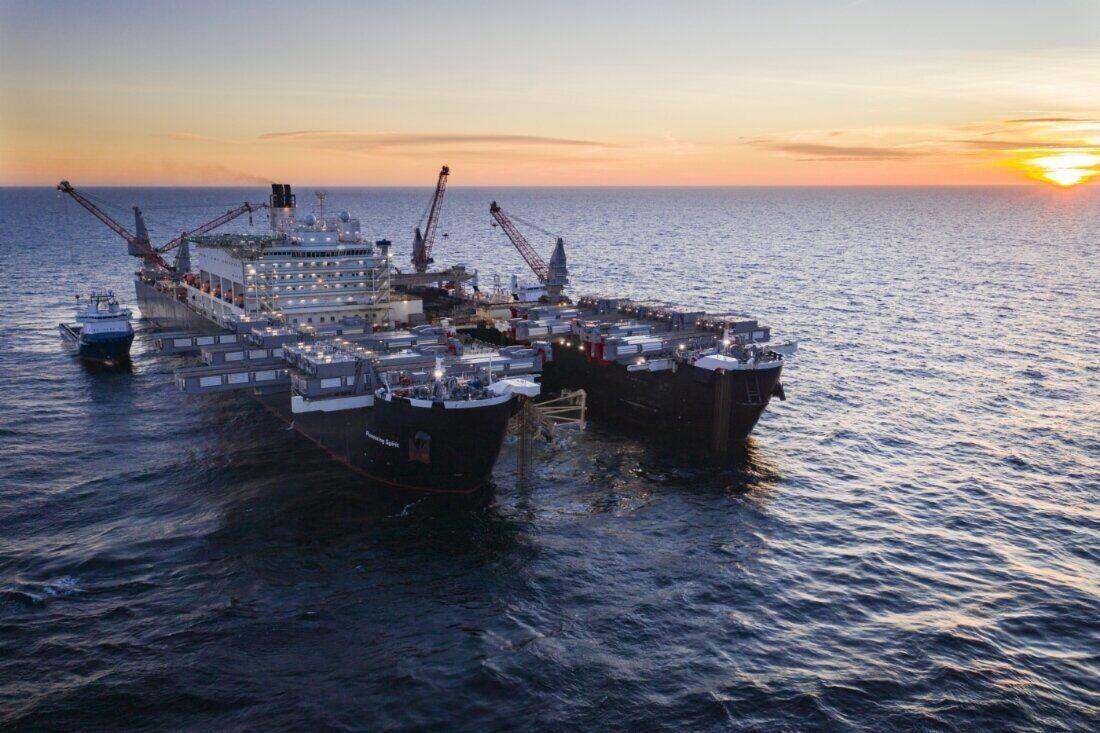The European Union agreed on July 18 to impose sanctions on Russia, targeting the country's energy and financial sectors.
The sanctions against Russia approved by the ambassadors in Brussels include a ban on transactions with 22 Russian banks, the Russian Direct Investment Fund and subsidiaries, as well as the direct and indirect use of the Nord Stream gas pipeline.
Many diplomatic sources said that the EU also changed the price cap on Russian oil to $60/barrel to a flexible mechanism, which would maintain prices 15% lower than the average market price. The new price cap will take effect at 47.6 USD/barrel.
In addition, 105 more ships in the "shadow fleet" - used tankers used by Russia to avoid sanctions related to Russian oil - will be denied access to EU ports and services.
This brings the total number of vessels in the "shadow fleet" sanctioned to more than 400.
The package of sanctions adopted by the EU on July 18 is the 18th package of sanctions since the Russia-Ukraine conflict broke out in February 2022.

This political breakthrough could only be achieved after Slovakia has made a concession and lifted the right to deny the approval of new sanctions.
Slovakia's objections are related to a completely different issue: The proposal for the EU to completely eliminate fossil fuels from Russia by the end of 2027.
In May this year, the European Commission announced a roadmap and submitted a draft law in June on gradually banning short-term and long-term gas contracts with Russia.
As a landlocked country, Slovakia strongly opposes the plan, warning that the ban on Russian oil and gas would increase prices for consumers, undermine competitiveness and threaten energy security.
The plan to completely eliminate Russian energy must follow a majority vote, so Bratislava has used sanctions, which require the consent of EU members, to get a concession from Brussels.
At the EU summit last month, Prime Minister Robert Fico noted that Slovakia is at risk of being sued by Russian gas giant Gazprom, for 16 to 20 billion euros if the contract is terminated in effect until 2034.
Meanwhile, the European Commission said the ban on Russian gas would act as an "irresistible" in court, protecting EU governments and companies from being sued.
The deadlock has prompted Bratislava and Brussels to dialogue, focusing on practical solutions to diversify Slovakia's energy infrastructure, avoid dependence on Russia, enhance connectivity with neighboring countries and minimize price fluctuations.
German Chancellor Friderich Merz, Polish Chancellor Donald Tusk and European Commission President Ursula von der Leyen have intervened to break the deadlock.










